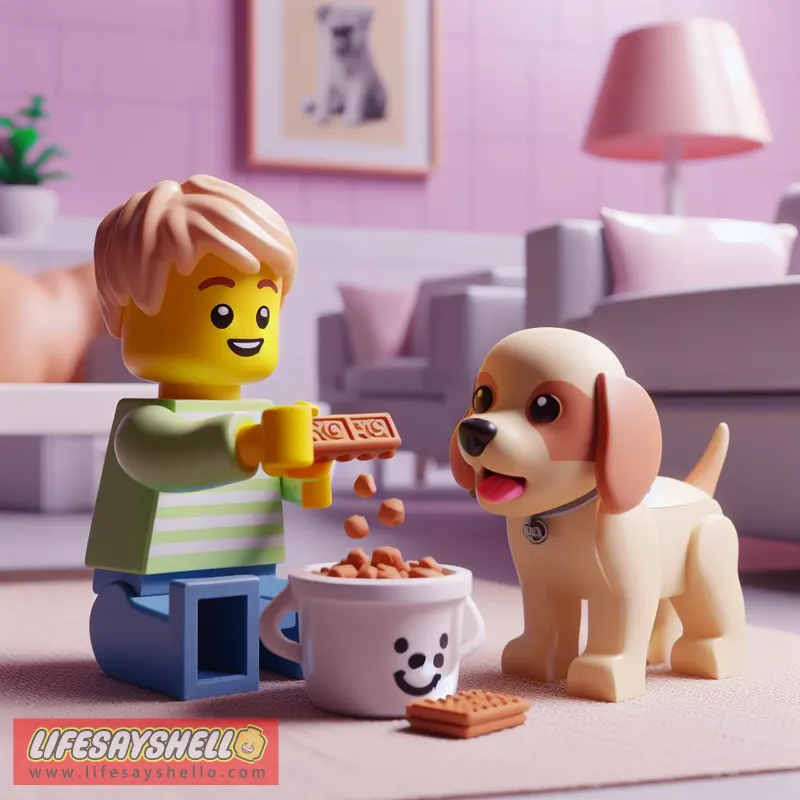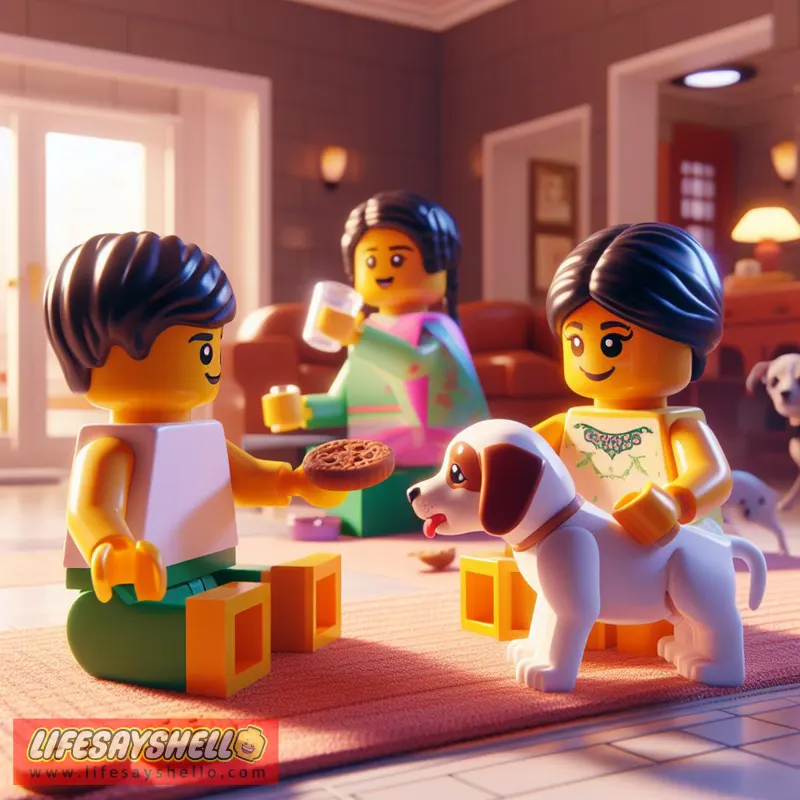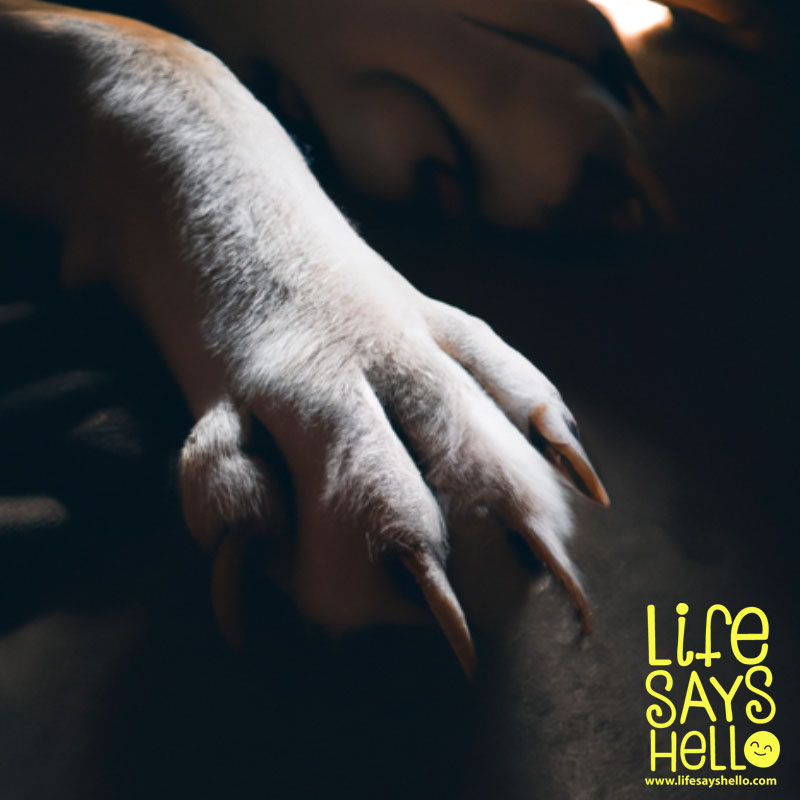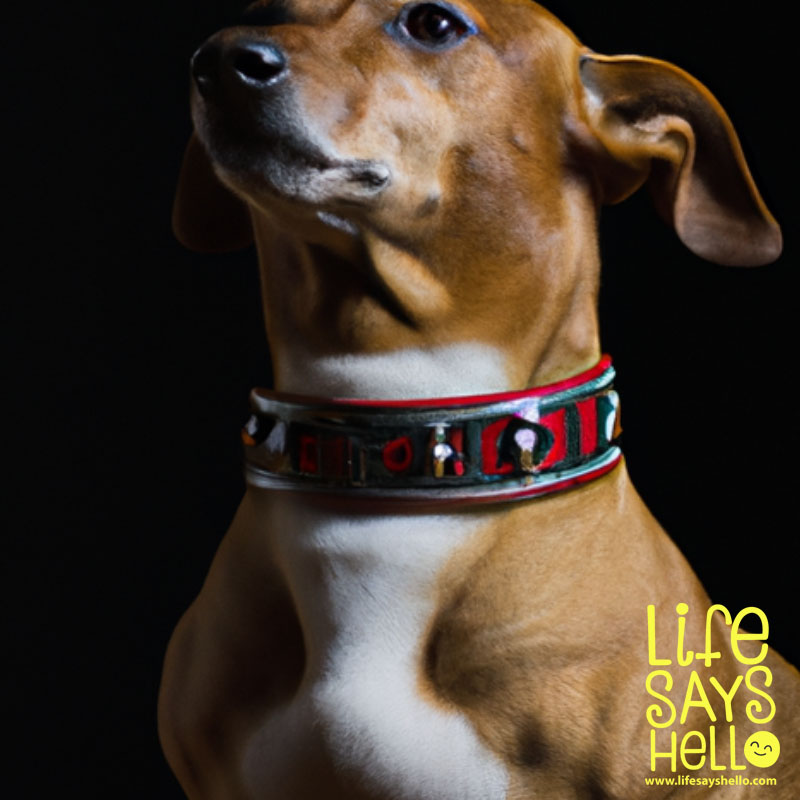Can Dogs Eat Baby Food? A Vet's Guide to Baby Food for Dogs

Feeding your furry friend something from your own pantry may seem like a convenient way to spice up their diet. But is baby food actually good for dogs? The answer isn’t quite so simple.
While several baby foods are perfectly healthy and nutritious for canine consumption, others can pose serious health risks if given in excess. Here’s what you need to know about supplementing your dog’s meals with baby food.
Is Baby Food Good for Dogs?
Baby food certainly provides a boost of extra nutrition for dogs. Meat-based varieties deliver protein, while veggie blends add vitamins and minerals. The soft texture also makes it easy for dogs with dental issues to digest. For these reasons, vets sometimes recommend baby food to encourage eating in sick or extremely picky dogs. A few teaspoons mixed into their regular kibble or wet food makes the whole dish more enticing.
However, baby food should never become a permanent part of your dog’s diet. On its own, baby food does not provide complete and balanced nutrition to support long-term health. Most dog foods are formulated to give dogs all the protein, fat, vitamins, and minerals they need in the right proportions. Replacing too much kibble or wet dog food with baby food can lead to nutritional deficiencies over time.
Baby food also tends to be high in calories, so feeding too much can quickly lead to weight gain in dogs. Those adorable little jars pack a lot of energy density per volume. It’s easy to overfeed if you’re not carefully measuring portions. Obesity stresses the body and leads to several health complications down the road.
So in summary, incorporating the occasional spoonful of baby food can benefit dogs, but it shouldn’t become a dietary staple. Baby food works best as a supplemental treat or topper to add a bit of tastiness and nutrition to their balanced dog food, not as a meal replacement.
Rules for Feeding Baby Food Safely

If you do want to share a bit of baby food with your pooch, follow these guidelines to keep them safe:
Stick to plain, single-ingredient varieties. Fancy blends with multiple foods or added seasonings are more likely to contain something harmful to your dog. Meat, veggies, and fruits are safest.
Avoid any baby foods with onion, garlic, salt, or spices. Onions and garlic are toxic to dogs, causing a condition called Heinz body anemia. Excess salt can lead to sodium ion poisoning. Spices may irritate your dog’s stomach.
Only use baby food as an occasional treat or meal topper. Baby food shouldn’t exceed 10% of your dog’s daily calorie intake. Anything more risks nutritional imbalance.
Adjust portion sizes based on your dog’s size. A good starting amount is 1/2 to 1 teaspoon for small dogs, 1-2 teaspoons for medium dogs, and 1-3 teaspoons for large breeds. Monitor your dog’s weight and adjust as needed.
Pick baby foods with soft textures or puree them. Smooth, mushy consistencies are easier for dogs to digest, especially if they have dental disease. Skip crunchy foods or puree them in a blender.
Never feed dogs raw honey or baby foods containing it. Honey can contain dormant botulism spores that dogs’ digestive systems can’t neutralize like ours can. Cooked, pasteurized honey is safer.
Following these precautions will help make supplementing with baby food a healthy treat. But for maximum safety, check with your vet before introducing any new food.
Best and Worst Baby Foods for Dogs
Certain baby food flavors tend to be better suited to canine digestion than others. Here are some of the best and worst options:
Best Baby Foods for Dogs
Meat-based baby foods, like chicken, lamb, beef, and turkey. Meat offers great protein and fat nutrition. Just avoid seasoned varieties.
Sweet potato baby food. An excellent source of vitamin A, vitamin C, and fiber. The natural sugars provide energy.
Pumpkin baby food. Pumpkin aids digestion thanks to its fiber content. It also provides vitamin A. Just be sure the pumpkin is unsweetened.
Banana baby food. Bananas are a good way to introduce more potassium into your dog’s diet. They’re also gentle on sensitive stomachs.
Plain, full-fat yogurt. Look for unsweetened yogurt with active cultures. The probiotics aid canine digestion.
Oatmeal baby cereal. Oatmeal contains soluble fiber to support healthy digestion. Just check that the cereal has no added sugar.
Worst Baby Foods for Dogs
Honey or honey-containing foods. Due to the raw botulism spore risk, it’s safest to avoid giving dogs any type of honey.
Baby foods with onion or garlic, such as garden vegetable medleys. Onions and garlic are toxic for dogs and can damage their red blood cells.
Heavily seasoned baby foods. The spices and herbs used for flavor in adult foods can upset your dog’s stomach. Stick to plain varieties.
Grapes or raisins. Both grapes and raisins, even in tiny amounts, can cause kidney failure in dogs. Avoid any grape-containing baby foods.
Chocolate or coffee baby foods. Chocolate contains toxic theobromine and caffeine. Both ingredients are unsafe for dogs.
Unsweetened peanut butter. While harmless to humans, peanut butter can be a choking hazard for dogs due to its thick, sticky texture.
Being mindful of ingredients is key when scanning nutrition labels for baby foods to share with your dog. When in doubt, check with your vet about the safety of specific foods.
When to Ask Your Vet About Feeding Baby Food
While most dogs can enjoy small amounts of baby food safely, there are some situations where you’ll want to consult your vet first:
If you plan to feed baby food frequently or regularly over a long period of time. Your vet can help you formulate a complete diet and ensure nutritional needs are met.
If your dog has a health condition like diabetes, kidney disease, pancreatitis, or allergies. Your vet can identify any problematic baby food ingredients to avoid.
If your dog has a sensitive stomach and you want to try baby food as a bland diet option. Let your vet know which foods you’re considering.
If you have a puppy or senior dog. Puppies and older dogs have different nutritional requirements. Ask your vet how much baby food is appropriate.
If you have any concerns about possible food intolerances or allergies. Some dogs can develop sensitivities to new ingredients.
Your vet knows your dog’s health history inside and out. Don’t hesitate to ask them about any baby food feeding questions that come up. They can make sure your dog avoids any problematic ingredients.
Key Takeaways: Feeding Dogs Baby Food Safely
In review, here are some key points to remember about supplementing your dog’s diet with baby food:
Baby food can provide extra nutrition, but should not replace balanced dog food as a staple.
Meat, vegetable, and fruit baby foods are safest. Avoid onion, garlic, salt, and spices.
Limit baby food to an occasional treat or meal topper for dogs. Overuse risks nutritional imbalance and obesity.
Adjust portion sizes based on your dog’s size and monitor their weight. Start with 1/2 to 3 teaspoons max.
Pick soft, pureed baby foods or blend them for easier digestibility.
Never feed raw honey or honey-containing baby foods. Cooked, pasteurized honey is safer.
Consult your vet before feeding baby food long-term, especially for dogs with health conditions.
With the proper precautions, a bit of baby food can give your dog’s kibble a healthy, tasty boost. Just be careful not to overdo it. Check with your vet if you have any concerns about nutrition, allergies, or your dog’s unique needs. With some care and moderation, both you and your furry friend can enjoy sharing these bite-sized snacks.




Comments